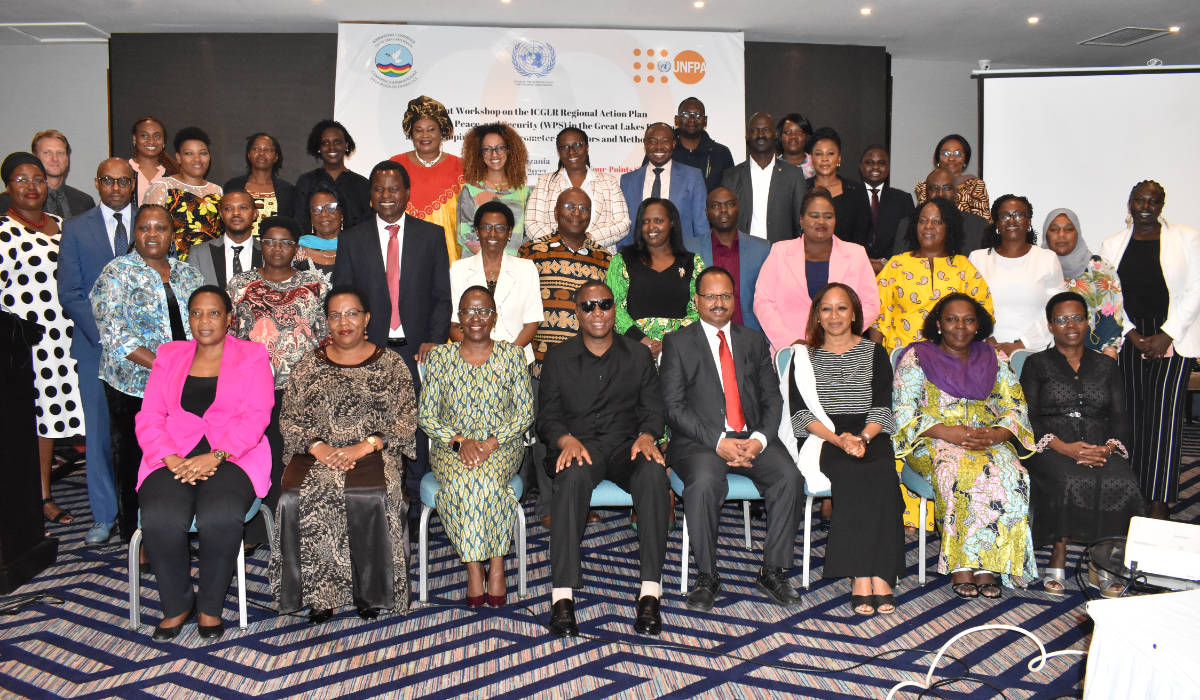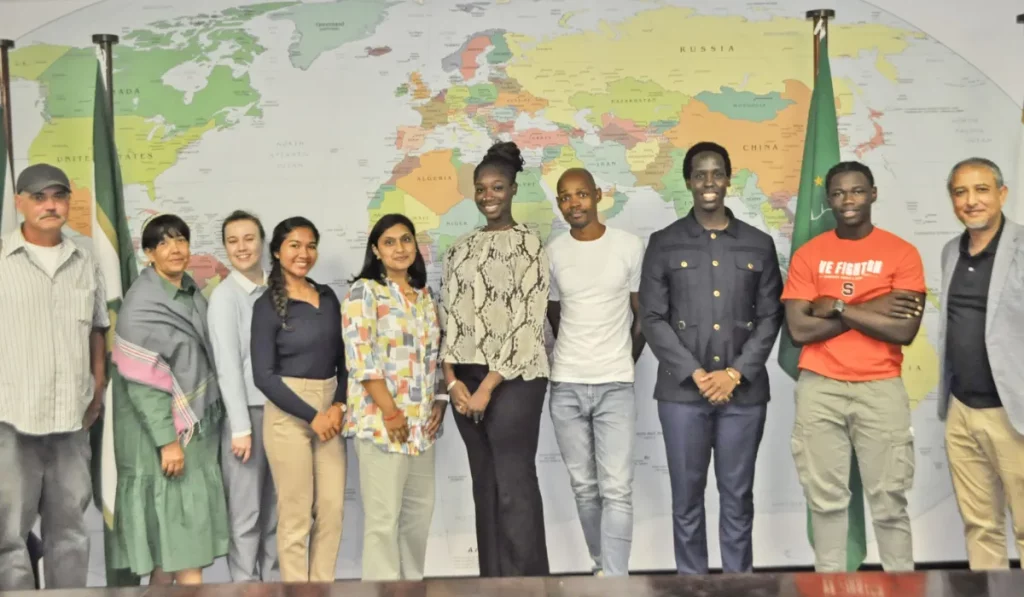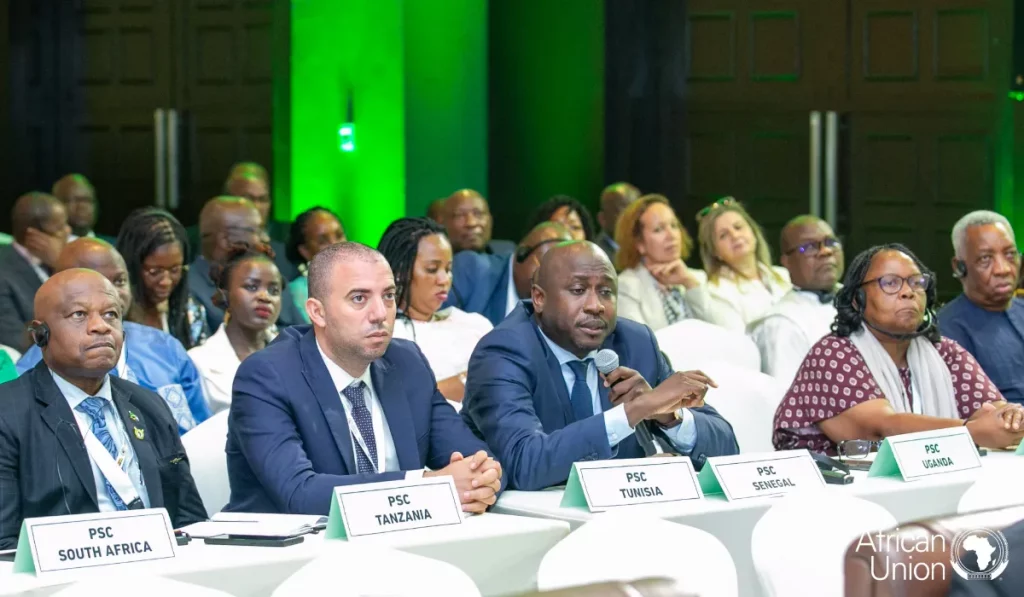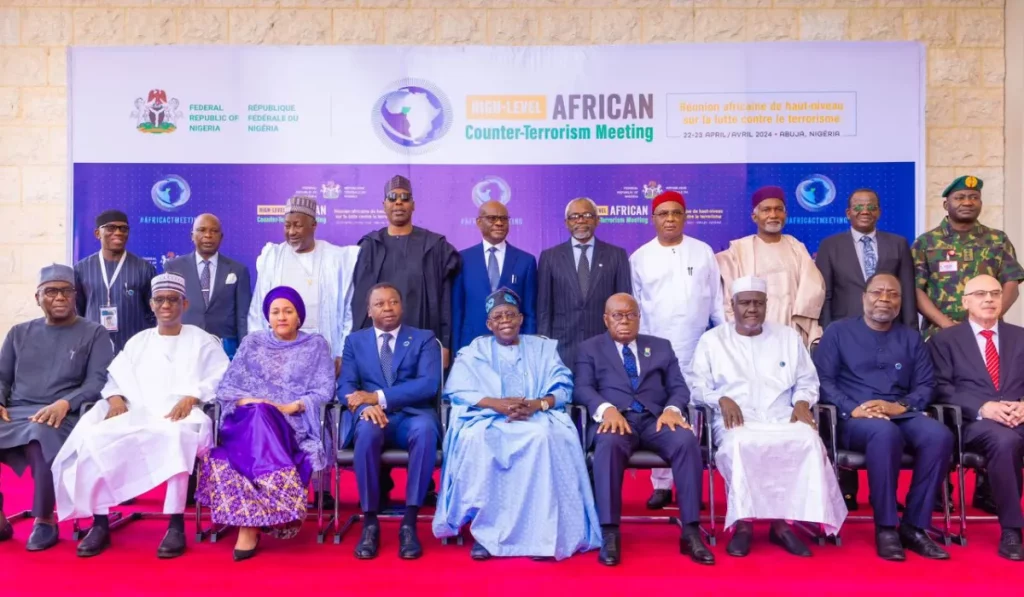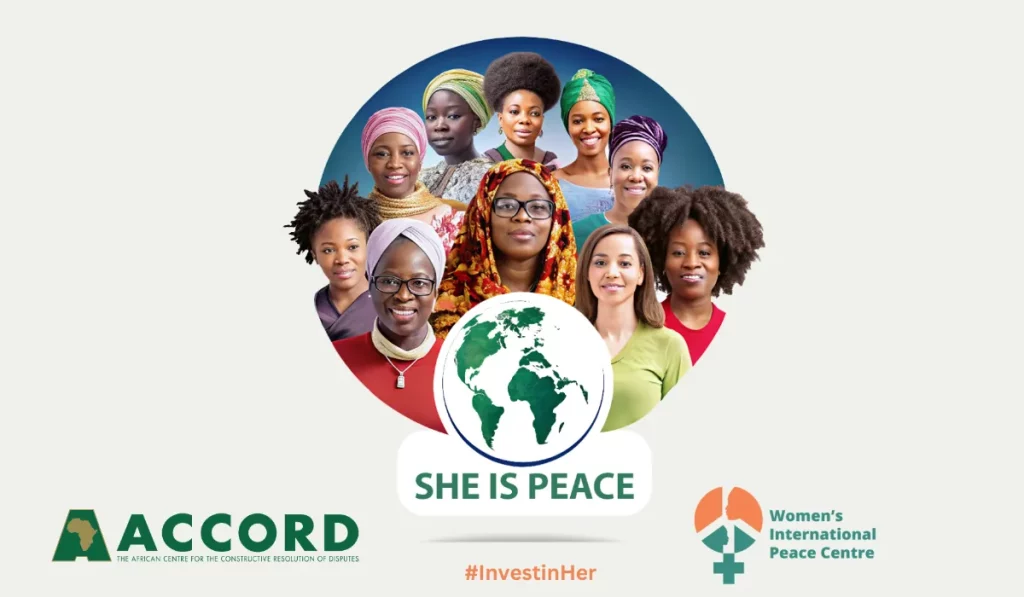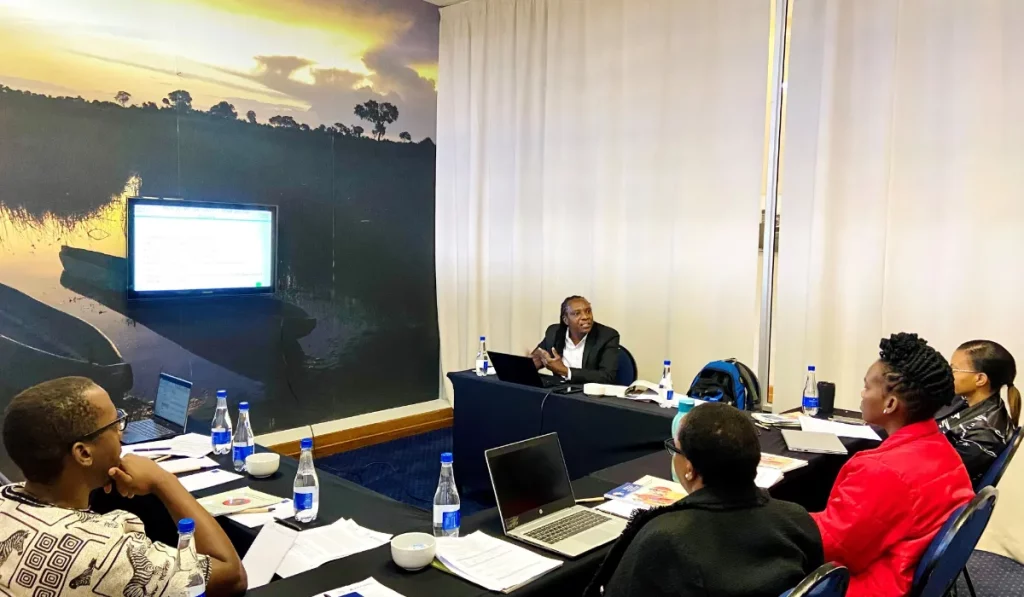From 13 to 15 November 2023, ACCORD participated in the Regional Workshop on Data Management on Women, Peace and Security (WPS), which took place in Dare-Es-Salaam, Tanzania. The workshop focused on the International Conference on the Great Lakes Region (ICGLR) Regional Action Plan (RAP) for WPS in the Great Lakes Region and developing gender barometer indicators. It was organized by the International Conference on the Great Lakes Region (ICGLR)’s Gender Women and Children Directorate and Levy Mwanawasa Regional Centre for Democracy and Good Governance in collaboration with the Office of the Special Envoy of the Secretary-General in the Great Lakes Region (OSESG-GL), United Nations Population Fund (UNFPA), United Nations Women (UNWOMEN), the Office of the African Union Special Envoy for WPS, and the Government of the United Republic of Tanzania.
During the workshop, Mrs Pravina Makan-Lakha, ACCORD’s Advisor on WPS, presented on the African Union (AU) Continental Results Framework (CRF) for Monitoring and Reporting on WPS Agenda. During her presentation, Mrs Makan-Lakha encouraged the region to invest heavily in reporting, as a key challenge in the region and across the continent remains the re-recurrent issue of data collection and under-reporting. She explained that the CRF is a good reporting tool that can be tailored to the ICGLR region. One of the key outcomes of the workshop was the development of indicators required for a Gender Barometer. These indicators will establish a baseline for future reviews to measure member states’ progress and adherence to commitments to combat sexual and gender-based violence, promote women’s rights and gender equality, and increase women’s participation in political and peace processes in the ICGLR.
Overall, the meeting provided the space for the gender experts and statisticians to review the progress of NAPs in their respective countries, unpack the barriers affecting active and meaningful participation and inclusion of women in decision-making processes, and improve their understanding of the importance of the RAP and how to effectively report against its progress.

